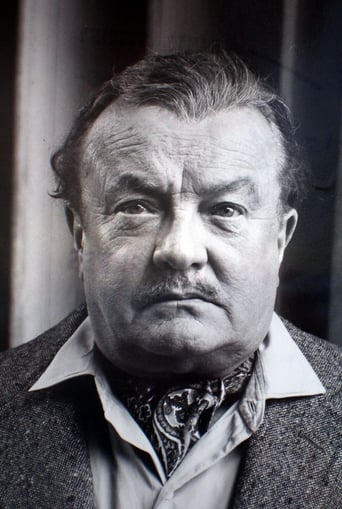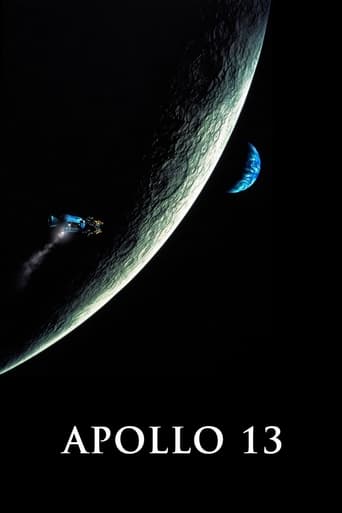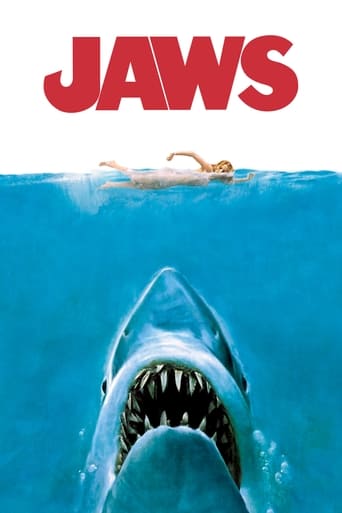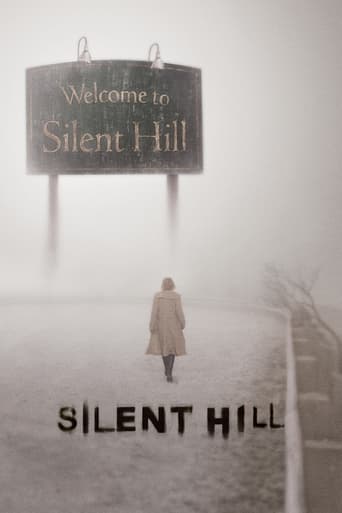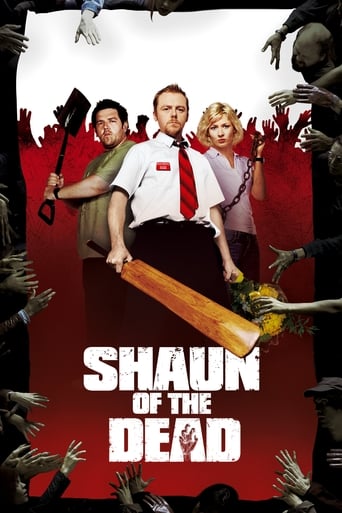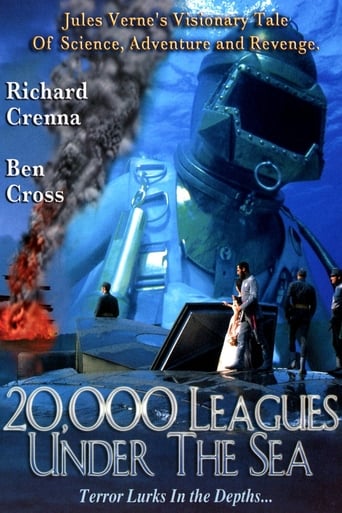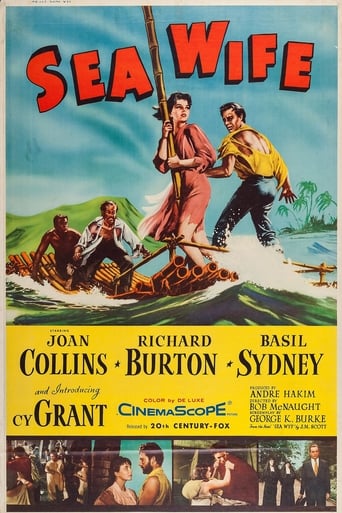
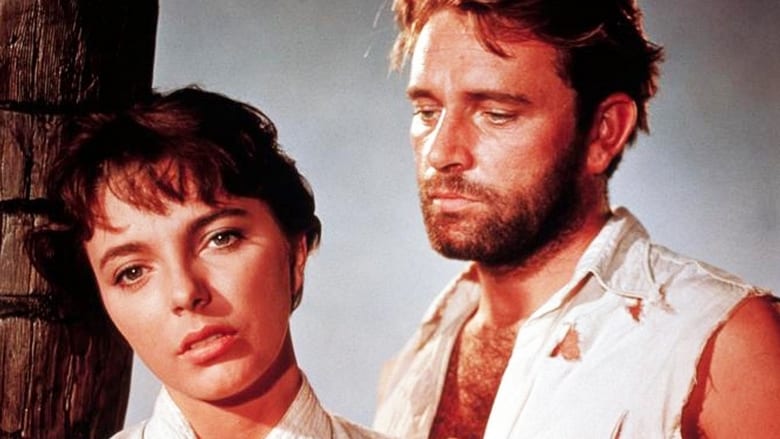
Sea Wife (1957)
In 1942, a cargo ship jammed with British evacuees from Singapore is sunk by a Japanese sub. A small lifeboat carries a beautiful woman, an army officer, a bigoted administrator, and a black seaman. Only the seaman knows the woman is a nun. The men reveal their true selves under the hardships of survival. Told in a too-long flashback frame.
Watch Trailer
Cast


Similar titles
Reviews
Producer: André Hakim. A Sumar Films (London) Production. Copyright 1957 by Alma Productions, Inc. Released through 20th Century-Fox. New York opening at RKO neighborhood cinemas: 4 December 1957. U.S. release: August 1957. U.K. release: 6 May 1957. Australian release: 21 November 1957. 7,329 feet. 81 minutes.Based on the 1955 novel, "Sea-Wyf and Biscuit", by J.M. Scott, this movie version is but a pale shadow of the novel, its plot retained but its characters watered down and its conflicts made pointless. Worse still, it is directed and played in the most listlessly lackluster fashion. Yes, a huge disappointment all around. In fact, it's a downright tedious bore, and deserves a prominent place on any gallery of the worst films ever made! OTHER VIEWS: You don't need to bother to see the film. Just look at the poster. Not only does it give the whole story away, it's positively more entertaining than the actual movie. This business on the poster that asks us if the Joan Collins character is a nun, for instance. No need to worry about an answer on that score! Of course, she is! Otherwise, what's the whole point of making this movie?Equally fascinating is this "introducing" Cy Grant business. Never mind about his role in "Safari" (1956). But what happened to him after this disaster in "Sea Wife", that's what I'd like to know? - JHR writing as George Addison.
I found this a rather light-weight and superficial film. The actress who played the Sea Wife was particularly unconvincing.The main story is told in a flashback, which I thought far too long and, thanks to the intriguing start, loses much of its interest, since you spend much of the time anticipating events that happen pretty much as you'd expect. It would have been better to put the start of the film near the end.The ending also seems rather lame (to me, anyway), and the only thing the film really has going for it is the stunning scenery and good camera work.
Biscuit, Sea Wife, Bulldog and Number 4 are cast adrift aboard a life boat after their ship was sunk by the Japanese. They were evacuating from Singapore in 1942 and now, here floating on the ocean, they must come together and overcome any feelings they may hold about each other.A film with essentially only four characters, each very different, should really make for an interesting character piece, that it doesn't is down to the staid script and some immensely bad bacon sandwich acting. Joan Collins is Sea Wife and Richard Burton is Biscuit, both seemingly trying to out camp each other. A little drama wouldn't have gone amiss either, there are some decent scenes put together, and a modicum of interest is raised once the group actually have to do something to survive, but it's false hope that the picture could be saved from a dreary and watery grave. 3/10
The author of the story from whence this came (JM Scott, 'Sea-Wyf and Biscuit') evidently did not write with the cinema in mind; but judging by this mile-high venture the Fox production machine was less than fastidious in its choice of material to show off Cinemascope to worry too much about such trivial dramatic considerations.Four WWII disparates - a nun, a black, a racist, and a slice of ham - are thrown together on a lifeboat and begin to drift aimlessly. The film in which they find themselves marooned quickly decides to follow suit, as they attribute themselves misnomers such as "Biscuit", "Seawife", "Bulldog" and "No. 4", and spend most of the rest of their time posturing at opposite ends of the boat for the Cinemascope frame, and expatiating whilst bearing 'meaningful' fixed stares of interminable solemnity. Yes, we're in the sort of 'external monologue' territory that most of those predisposed to such masochism sensibly choose to do so within the confines of the theatre.Attempts are made to liven things up with the introduction of some men overboard, Japs, sharks and a desert island (in no particular order); however the pervasive verbosity continues unabated, as does its failure to translate into dramatic coherence; and with it the lament that the unjust critics reception of Collins' performance in 'Land Of The Pharoas' two years earlier pretty much killed off her chances of ever getting to do anything remotely credible within the American mainstream cinema. Connoiseurs of cinematic Wartime seasickness are best advised to stick with Hitchcock's 'Lifeboat'.




